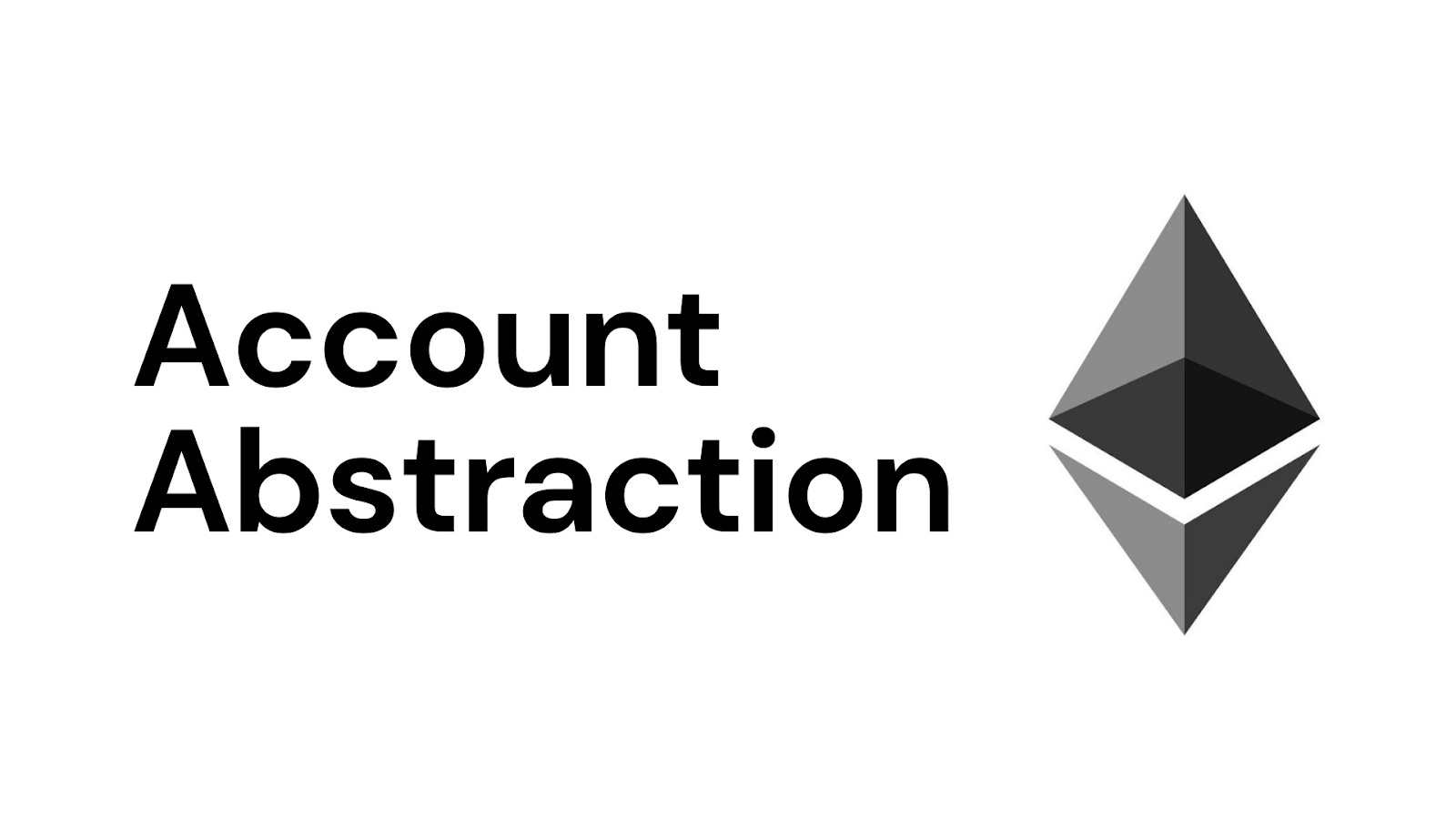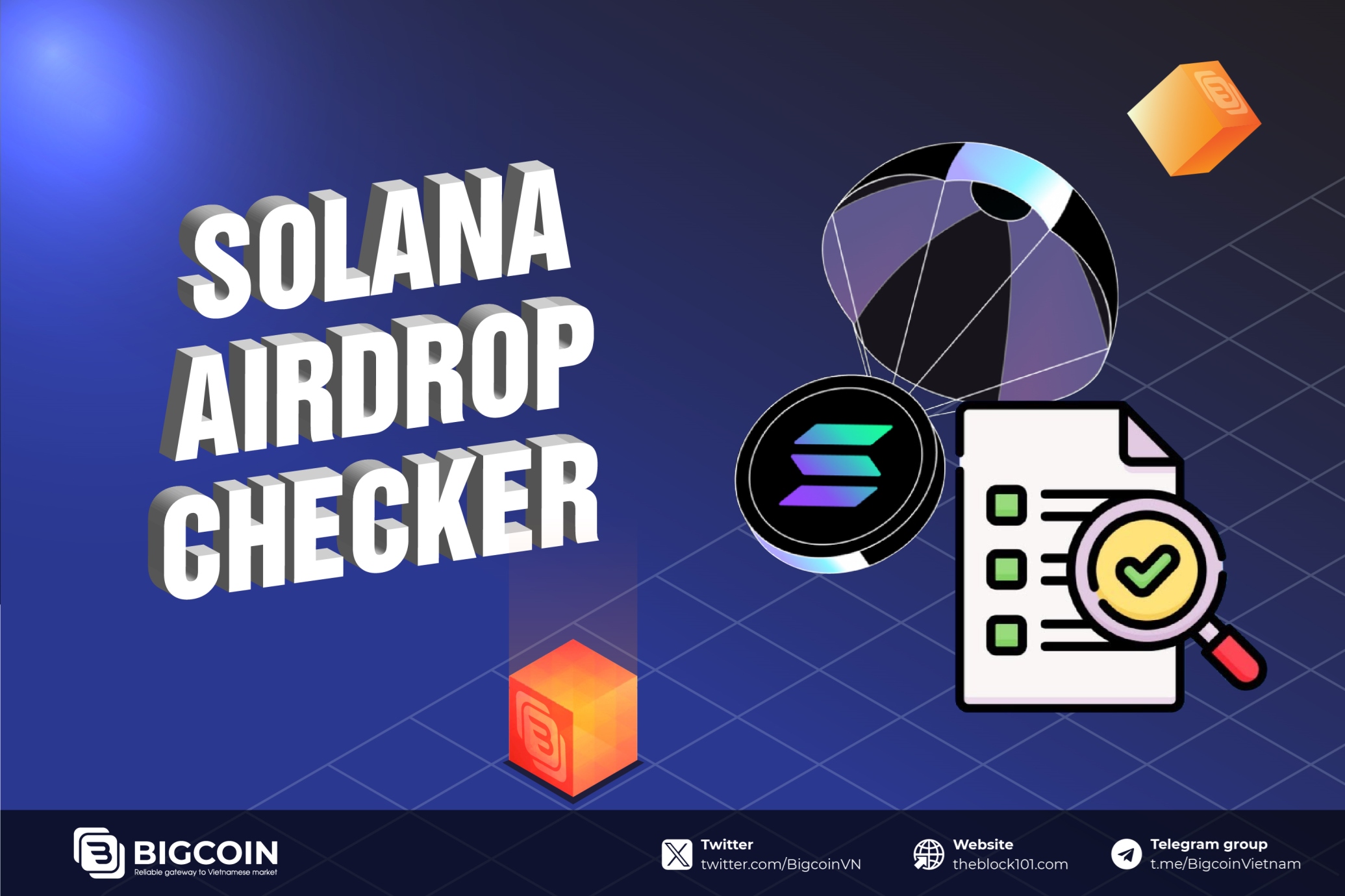1. What is Account Abstraction?

Account Abstraction (AA) is a proposal to make Ethereum accounts more flexible and powerful by abstracting the differences between externally owned accounts (EOAs) and contract accounts. Currently, Ethereum has two types of accounts:
-
Externally Owned Accounts (EOAs): These are accounts controlled by private keys (usually a wallet). EOAs are typically used by regular users for sending transactions, managing assets, and interacting with dApps. They are simple and rely on the Ethereum private key for control.
-
Contract Accounts: These accounts are controlled by smart contracts. Instead of private keys, contract accounts execute predefined code based on incoming transactions. They are often used to store funds, manage tokens, and facilitate decentralized finance (DeFi) activities.
The main difference between the two is that EOAs rely on private keys to sign transactions, while contract accounts follow smart contract rules. This distinction can create complexities in user interaction, especially for newcomers to the Ethereum network, who might find managing EOAs and contract accounts cumbersome.
Account Abstraction aims to blur the lines between these two account types by allowing contract accounts to behave like EOAs. This would mean that users could define their own transaction validation logic, transaction fees, and other customizable features within a single wallet. The goal is to create a seamless and more flexible user experience by making it easier to interact with the Ethereum network, whether for sending transactions, interacting with dApps, or managing assets.
2. How does Account Abstraction work?

Account Abstraction works by allowing the user to define how transactions are validated and executed, removing the dependency on the traditional EOA model. This introduces the concept of a smart contract wallet, which can execute a wide variety of tasks autonomously or with minimal input from the user. Here's how it works in practice:
-
Custom Transaction Logic: Instead of relying on the standard EOA mechanism (where transactions are signed by the private key), users can use smart contracts to define the rules for how transactions should be executed. For example, a user could create a wallet that requires multiple signatures (multisig), restricts transactions to certain times, or requires authentication via biometric data.
-
Flexible Gas Payments: In the current Ethereum model, gas fees are typically paid in ETH, and users must have enough ETH in their wallets to cover these fees. With Account Abstraction, gas fees can be paid in any ERC-20 token or even paid by a third party (such as a dApp or a service). This eliminates the need for users to always hold ETH to interact with Ethereum-based applications, making it more user-friendly, especially for newcomers.
-
Enhanced Security: One of the key benefits of Account Abstraction is the potential for enhanced security. Since smart contract wallets can have customizable rules, users could create wallets with specific security features. For instance, they could set up two-factor authentication, daily spending limits, or emergency recovery procedures in case a private key is lost or compromised.
-
Social Recovery: Account Abstraction enables social recovery features for wallets, where trusted contacts or services can help recover access to a wallet if a user loses their private key. This provides an additional layer of security and convenience, addressing one of the biggest challenges in the crypto world—private key management.
3. Benefits of Account Abstraction for Ethereum wallets

Account Abstraction could significantly enhance the Ethereum ecosystem, especially in terms of wallet functionality. Below are some of the key benefits:
Improved User Experience
Account Abstraction makes Ethereum more accessible by simplifying wallet management and transaction processes. Users will no longer need to worry about managing multiple types of accounts or understanding the technical details of gas fees. By allowing customization of transaction logic, users can interact with Ethereum in a more intuitive way, making the platform more user-friendly, especially for newcomers.
Greater Flexibility
With Account Abstraction, wallet owners can define their own transaction rules and tailor their wallet's functionality to meet their specific needs. Whether it's automating transaction approvals, requiring multiple signatures for greater security, or paying gas fees with stablecoins, users can have more control over how their wallets operate.
Better Security
Traditional Ethereum wallets depend on private keys, which can be a single point of failure. Account Abstraction allows users to create more secure wallets with features like multi-factor authentication, multisig, or social recovery. This reduces the risk of losing assets due to key theft or mismanagement, making Ethereum wallets more robust and secure.
Innovative Wallet Features
By combining Ethereum smart contracts with wallet infrastructure, Account Abstraction can enable entirely new wallet features. For instance, wallets could integrate more advanced functionalities such as scheduled transactions, conditional spending, or complex governance structures, all of which can enhance the utility of wallets for different types of users (investors, traders, institutions, etc.).
4. Potential challenges

While Account Abstraction presents many benefits, there are also some challenges to consider:
-
Complexity for Developers: For developers, implementing Account Abstraction could introduce additional complexity in terms of coding and integrating custom transaction logic. While it provides flexibility, it also requires careful consideration of security and performance.
-
Adoption and Compatibility: For Account Abstraction to gain widespread adoption, it needs to be compatible with existing Ethereum infrastructure. This means that dApps, DeFi platforms, and other Ethereum services must integrate support for smart contract wallets and custom transaction rules.
-
Security Risks: While Account Abstraction can enhance security, it also introduces new potential risks. Smart contract vulnerabilities or misconfigurations could lead to wallet exploits. Ensuring the security of smart contract wallets will be critical in preventing attacks and protecting user funds.
5. The future of Account Abstraction in Ethereum wallets

The future of Account Abstraction is bright, and its adoption will likely increase as more users and developers recognize its potential. As Ethereum transitions toward Ethereum 2.0 and scalability solutions such as rollups and sharding, Account Abstraction can help simplify user interaction with the Ethereum network, making it more accessible to a wider audience.
Wallet providers, such as MetaMask, Argent, and others, are already exploring the implementation of smart contract-based wallets and Account Abstraction features. These wallets could offer users new functionalities and ways to manage their digital assets, potentially leading to a more secure and user-friendly Ethereum ecosystem.
Conclusion
Account Abstraction is a game-changing development for Ethereum wallets, providing users with greater flexibility, enhanced security, and a more user-friendly experience. By allowing for customized transaction logic, flexible gas payments, and social recovery, Ethereum wallets will become more accessible to both beginners and advanced users. While there are challenges to overcome, the future of Account Abstraction looks promising, and it will likely play a key role in the ongoing evolution of Ethereum and its ecosystem. As the Ethereum community continues to innovate, Account Abstraction could pave the way for a new era of decentralized finance, dApp interactions, and wallet management.
Read more:

 English
English Tiếng Việt
Tiếng Việt.png)
















